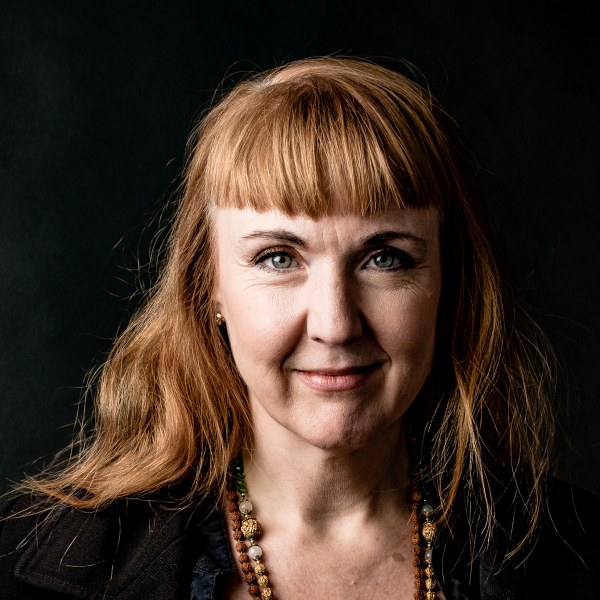This course aims to train students in science communication and public engagement. The focus lies on communication with peers and engagement with the general public. Emphasis is on storytelling, understanding your audience, and improving presentation skills with creative tools and an explorative approach. The course is given in an interdisciplinary setting.
intended learning outcomes
After the course the student is expected to be able to:
1. Orally present their own research adapted to different target groups.
2. Apply storytelling on science and research.
3. Practically apply how visuals and media can support research and presentation to different target groups.
4. Reflect on one’s own and others’ presentation skills, including giving and receiving feedback.
5. Understand the importance and application of dialogue in science communication.
teaching and learning activities
During the course each participant will be given the opportunity to develop practical and theoretical knowledge in:
- Communication theory and practice
- Strategic communication
- Storytelling, how to “storify” your science
- Presentation techniques and stage presence
- Dialogue mechanics like feedback, team collaboration, and how to understand target groups
- Use of different media
- How to work with citizen engagement (3rd mission of the university)
- How to communicate in an interdisciplinary setting
Part of the theoretical material will be organised in Canvas, the workshops will take place on campus. The course design is based on active learning, i.e. learning by doing, and focus lies on practical training in presentation skills. Theory seminars and guest lectures will all include active learning as well.
Grades and form of assessment
Compulsory elements
All sessions are mandatory as they build on each other. Absence from sessions or a delivery session shall be compensated through supplementary activity to secure learning.
Examination
The examination consists of four deliveries:
- Reflective statement based in experience, feedback, and research/literature within communication and learning.
- Oral presentation in a popular scientific context
- Professional presentation
- Team presentation
Students will receive feedback on all presentations from teacher and peers.
literature
Literature is provided on the course web.


